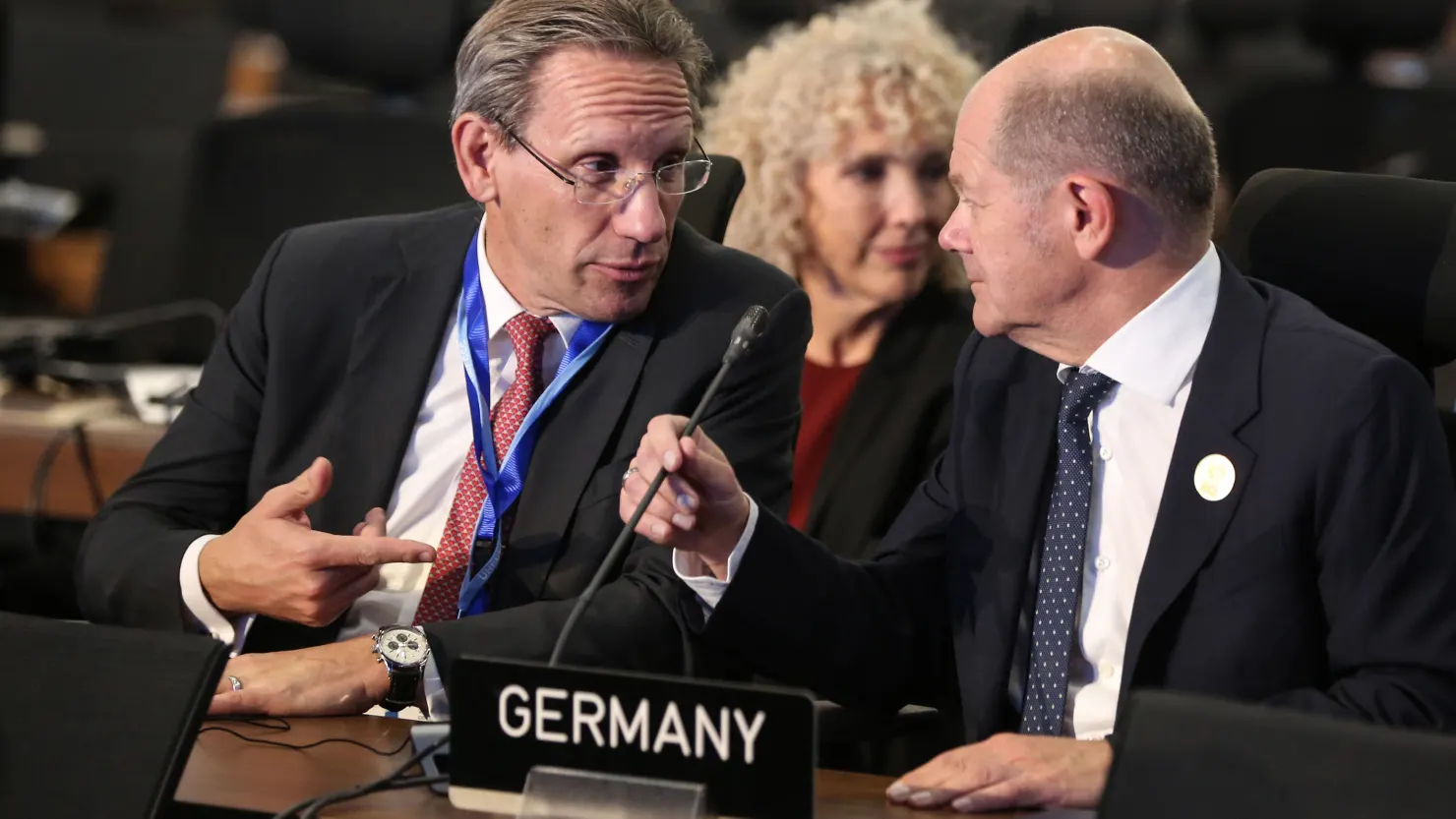Germany’s Chancellor Olaf Scholz appointed Jörg Kukies as the new finance minister on Thursday, following the dismissal of Christian Lindner. The leadership change has escalated pressure on Scholz to initiate a confidence vote, potentially leading to snap elections after the disintegration of his three-party coalition.
Scholz cited “protecting Germany from economic damage” as his reason for Lindner’s removal, accusing him of neglecting the common good and eroding the trust required to govern. The decision ends the coalition between Scholz’s Social Democrats (SPD), Lindner’s Free Democrats (FDP), and the Green Party, who came to power after the 2021 federal election but have been divided on key economic and budget issues.
German President Frank-Walter Steinmeier formally dismissed Lindner, as well as FDP ministers of justice and education. Volker Wissing, another FDP member and Minister of Digital and Transport, will remain in his post and also assume the role of justice minister, although he has chosen to leave the FDP.
Who is Jörg Kukies?
An SPD member and close advisor to Scholz, Jörg Kukies has a background in finance, previously serving as a state secretary at the Federal Chancellery, focusing on economic and European affairs, and at the Finance Ministry. A former executive at Goldman Sachs, Kukies is stepping in amid a tumultuous period as the government struggles to finalize the contentious 2025 budget, a focal point of the coalition’s split.
Mounting Calls for Snap Elections
Following Lindner’s dismissal, Scholz announced plans to hold a confidence vote on January 15, potentially setting the stage for an early federal election by March 2024. Originally scheduled for fall 2025, the election timeline could be accelerated as pressure mounts for a vote sooner.
At a press conference, Lindner called for an immediate confidence vote and fresh elections, echoing opposition leader Friedrich Merz of the Christian Democrats (CDU), who leads in the latest polls. Merz stated there was “no reason at all” to delay the confidence vote until January, underscoring the growing urgency for political resolution in Germany.





